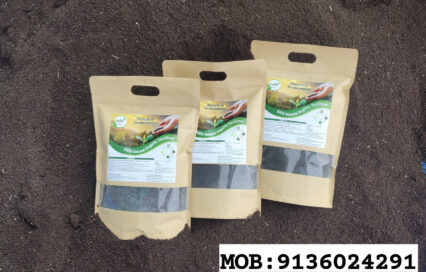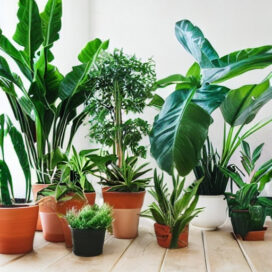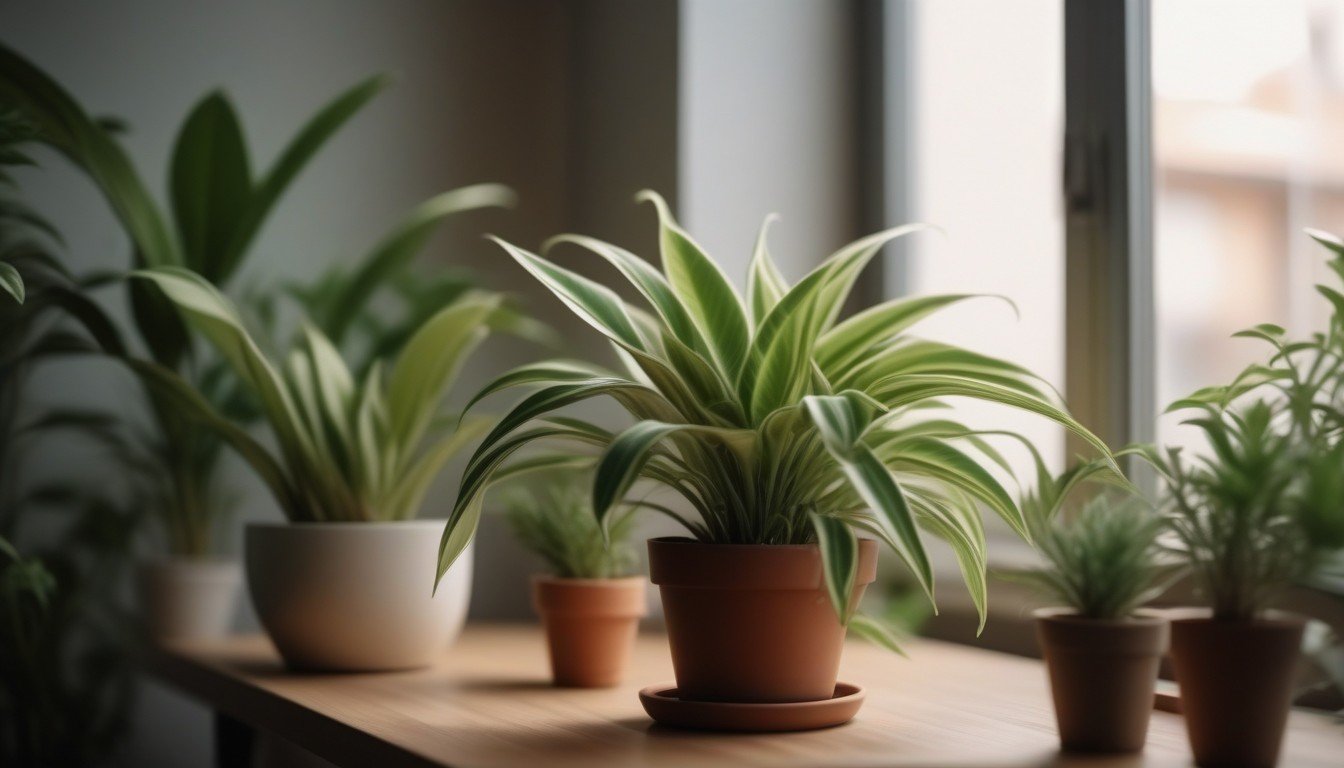- You have no items in your shopping cart
- Subtotal: ₹0.00
Cow dung manure has been in the usage since a long time now. Easily available, and rich in nutrients, this natural fertilizer is quite useful for the plants. It helps in faster growth and also in improving the produce. Not only for outdoor plants or for a commercial farming, cow dung compost is also useful indoor plants. With some careful planning and precautionary steps, you can use the manure to grow your indoor plants. Here is a brief guide about using cow dung manure for indoor plants. Let’s dive right in!

Composting or Aging
Do NOT use fresh cow dung for indoor plants unless you want your house to be filled with the foul smell and attract flies. It is very important to age or compost the cow dung before putting it to use for indoor plants. The composting process helps in eradicating pathogens with potential risk of damaging the plants. It also diminishes the risk of presence of weed seeds in the crow dung.
Composting the cow dung may take a few weeks to months, and it highly depends on the process incorporated. You need to ensure that the temperature of the compost pile should be high enough to kill the pathogens.
Prepare a Potting Mix
A well-balanced mixture of aged cow dung along with other components is ideal for indoor plants. A combination of matured cow dung along with cocnut coir or peat moss and vermiculate or perlite is used for indoor plants. A small amount of sand is also added to the mixture for easy drainage of water.
Use in Moderation
Thoug cow dung is rich in essential nutrients, using it too mucgh could lead to nutrient imbalances causing more harm to indorr plants than good. Using it in moderation just works fine!
A ratio of 10-20% ofcow dung into a potting mixture is considered good. However, you can change it given the specific requirements of your plants.
Top or Side Dressing
You can also use cow dung manure into the top layer of the soil or apply it surrounding the perimeter of the pot. This way, you can use it as a top dressing or side dressing.
Watering
Once you integrate cow dung manure into the soil, water the plants so that the nutrients will be distributed properly and right to the roots.
Scrutinize Plant Reaction
It is a crucial step. You must monitor how your plants respond once cow dung manure is incorporated into the pot. Look for signs of stress such as wilted leaves, and accordingly cut down the amount of cow dung you will be using the next time.
Avoid Fresh Cow Dung
You might be tempted to cut down on putting sweat and time to age cow dung and out it fresh into the soil. However, doing so might encourage the pathogens in the fresh cow dung to cause damage to your indoor plants.
Mull Over Available Alternatives
Reflect on utilizing well-rotted compost, worm castings, or commercially obtainable organic indoor plant fertilizers as options to cow dung manure if you’re concerned about utilizing it indoors.
Keep in mind that distinct indoor plants possess distinct needs, so it’s important to watch your plants and tailor your fertilizing regimen accordingly. Furthermore, preventing excessive moisture and ensuring enough ventilation in indoor spaces will help avert any possible problems related to the application of organic fertilizers.
Benefits of using cow dung manure for indoor plants

Nutrient-Rich: As mentioned over and over again, cow dung is full of nutrients such as potassium, nitrogen, and phosphorus. These are vital nutrients for healthy growth of plants while enhancing their productivity and strength.
Organic Matter: Using cow dung in the soil helps in enhancing its structure because it’s no harsh chemicals but organic. When you put cow dung manure into the oil, you help increase its water retention capacity and also assist in promoting microbial activity in the oil which is beneficial for the plant.
Microbial Activity: As mentioned above, cow dung manure consists of useful microbes that help in breaking down the organic matter which then can easily be absorbed by the plant.
Slow-Release of Nutrients: Cow dung has a characteristic nature of releasing its nutrients slowly into the soil. This helps in ensuring your plants get a sturdy supply of nutrients, and also no risk of nutrient leaching.
pH Balancing: Cow dung characteristically has a neutral to slightly alkaline pH. Mixing it along with the potting mixture helps in balancing the pH of acidic soil.
Improved Soil Structure: Cow dung manure enhances soil structure and makes it crumbly and properly aerated.
Water Retention: Cow dung manure boosts water-holding capacity of the soil which is more useful for indoor plants as the soil remains moistened for longer period of time. It also reduces the frequency of watering the plants.
Along with the benefits mentioned above, cow dung manure poses as an economical alternative to expensive and chemical-filled fertilizers. It is environment-friendly too.
Read Blog – How To Use Cow Dung Manure For Flowering Plants

